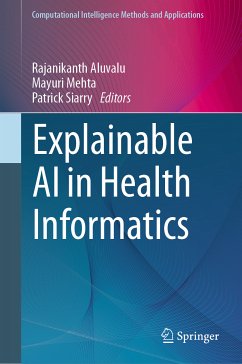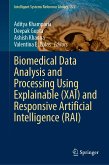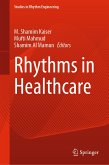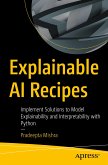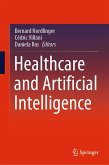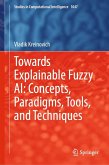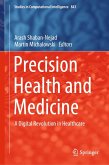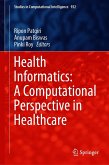The book is suitable for both beginners and advanced AI practitioners, including students, academicians, researchers, and industry professionals. It serves as an excellent reference for undergraduate and graduate-level courses on AI for medicine/healthcare or XAI for medicine/healthcare. Medical institutions can also utilize this book as reference material and provide tutorials to medical professionals on how the XAI techniques can contribute to trustworthy diagnosis and prediction of the diseases.
Dieser Download kann aus rechtlichen Gründen nur mit Rechnungsadresse in A, B, BG, CY, CZ, D, DK, EW, E, FIN, F, GR, HR, H, IRL, I, LT, L, LR, M, NL, PL, P, R, S, SLO, SK ausgeliefert werden.

